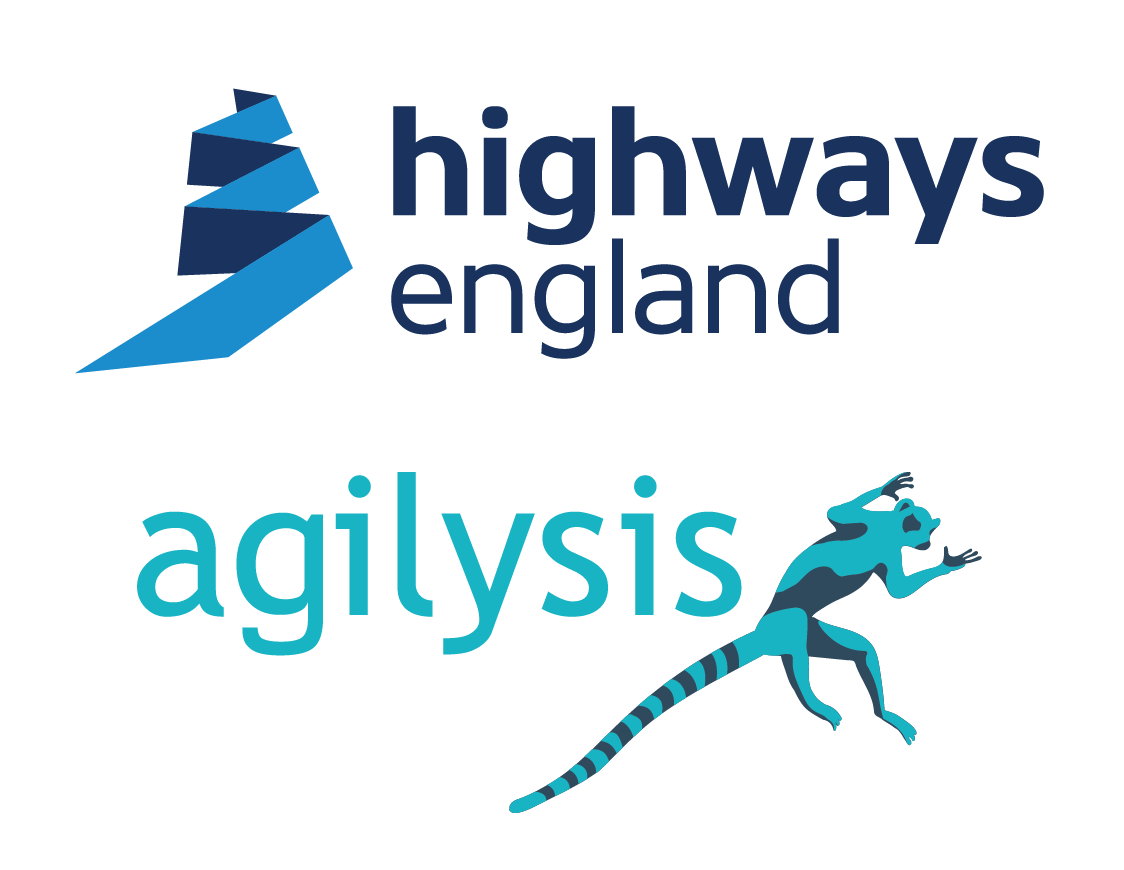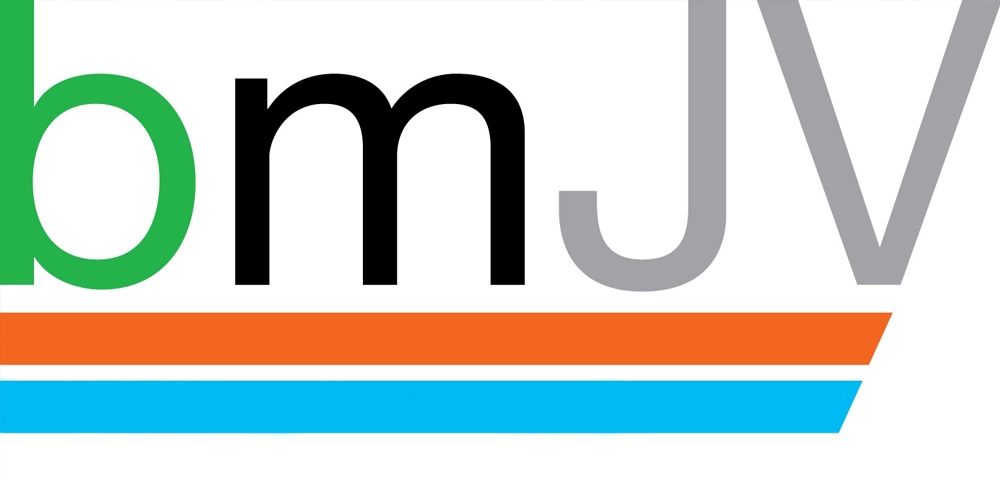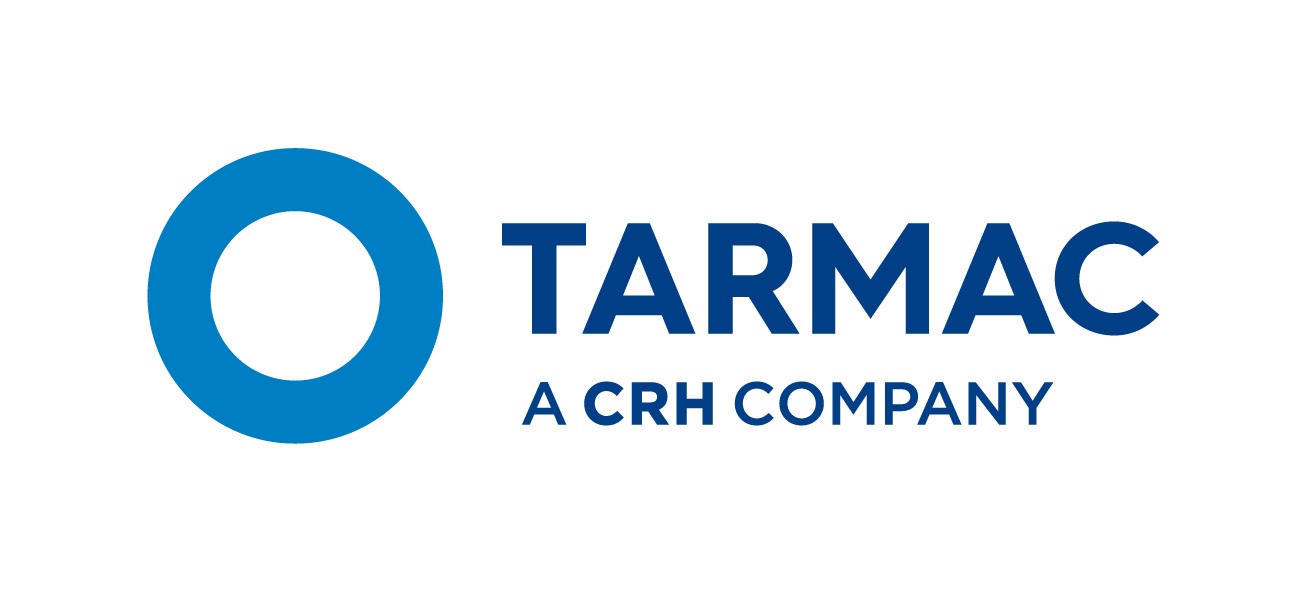

The Road Safety Award, in memory of John Smart, celebrates outstanding achievements which improve road user safety through excellent practice, design and technical application.

Nothing is more important to Kier than the physical and mental health and wellbeing of their people. Which is why, wherever Kier's employees work and whatever they do, they are given the time, the training and the tools to concentrate on Kier's five safety, health and wellbeing basics:
Find out more hereSafety In Mind -is a Kier Highways campaign to promote personal wellbeing and the safety of its workforce. It aims to eliminate the stigma surrounding mental health in the workplace.
Watch the #Safety In Mind films series here: Safety In Mind 1 / Safety in Mind 2 / Safety in Mind 3 / Safety in Mind 4 / Safety in Mind 5 / Safety in Mind 6
Reducing accident rates on our highways - the Kier story
How to reduce accident rates for the workforce that keeps our transport network operating? This episode looks at how Highways England's, Commercial Director, Malcom Dare set the supply chain the challenge of halving accident rates by adopting a new set of common standards.
This challenge meant every supplier must half its Accident Frequency Rate (AFR) within the next 12 months and support own supply chain to do the same.
This podcast features a panel discussion including Malcolm Dare from Highways England, Joe Incutti Group MD from Kier, Scott Cooper MD for strategic highways from Kier, and Neil Wilson Head of Safety, Health, Environment and Assurance (SHEA) from Kier.
Disclaimer
This content is provided by the supporters of this award. Any opinions expressed are those of the authors and / or supporting organisation. They do not purport to be an endorsement, reflect the opinions or views of CIHT or its members. Neither CIHT nor any person acting on their behalf may be held responsible for the use which may be made of the information contained therein.

Despite persistently high casualty numbers, young motorcycle riders are poorly provided for through safety programmes. A pioneering study comparing 4 alternative training approaches brought together 14 organisations, from across the East of England, including highway authorities, police, DVSA, and MCIA to conduct a randomised controlled trial of changes to Compulsory Basic Training (CBT). Facilitated by programme sponsorship from Highways England, this project is an outstanding example of rigorous intervention design, partnership working, stakeholder engagement and robust evaluation to create an evidence-led behavioural programme: RideFree.
Exclusive for Members - Read the Full Case Study
A BAM Nuttall - Morgan Sindall Joint Venture (bmJV) have developed a crucial road safety innovation to improve the identification and removal of stationary objects within roadworks. CCTV Analytics automatically detect hazards in a live carriageway, using digital analysis. Congestion and stationary vehicles on the road network are commonly recognised as high-risk that can prove fatal. This will revolutionise the safety of roadworks and therefore the safety of the travelling public. The adaptability of this innovation will transform road-user safety on any new or existing network, as well as those under construction.
Exclusive for Members - Read the Full Case Study
Amey along with Transport for Scotland and Clearview, have developed innovative electronic warning signs triggered by vehicles driving the wrong way on slip roads following a review of junction infrastructure as a result of accidents due to incorrect use.
This UK-first technology involves a visual warning shown to drivers making a wrong turning on to a slip-road at locations where traditional approaches for reducing ‘wrong way’ movements had been ineffective. The signs are also linked to Traffic Scotland's control room to warn other motorists if necessary.
Exclusive for Members - Read the Full Case Study

In 2016, Highways England challenged its supply chain to be more responsive to customers travelling through road works, which included a pilot project to trial 60mph running on the network at work sites.
SMART SIGN is the world’s first fully autonomous fixed plate variable speed sign that combines existing and new technology so that it can be securely controlled via the internet, removing the need for roadworkers and industry operatives to be on, near or crossing the live network to change the signs manually. This has been achieved with a collaborative approach to planning, design, risk assessment trials and project implementation.
Exclusive for Members - Read the Full Case Study
Tarmac’s inflatable barriers have been designed to resemble concrete, acting as a visual deterrent for worksite incursions and increasing the safety of our workforce and road users. The imposing barriers offer a greater physical presence over the easily moveable plastic airlock system, providing our workforce with confidence in their onsite safety. Our reusable barriers take 2 minutes to inflate and require reduced staffing resource during assembly. The barriers can be personalised with reflective strips and velcro panels. We will share our finalised Chapter 8 of the Signs Manual approved design with the wider industry to improve safety for all workers.
Exclusive for Members - Read the Full Case Study
Access the latest in-depth real world case studies, best practice, resources, thought leadership and much more by becoming a CIHT Member.
Whether you are a student, apprentice, work in the private or public sectors or are a company director, CIHT has a place for you and a commitment to fulfilling your professional development needs throughout your career.
Discover why the leaders and rising stars of Highways and Transportation are CIHT members and become part of a community of savvy fellow professionals just like you.
Find out more